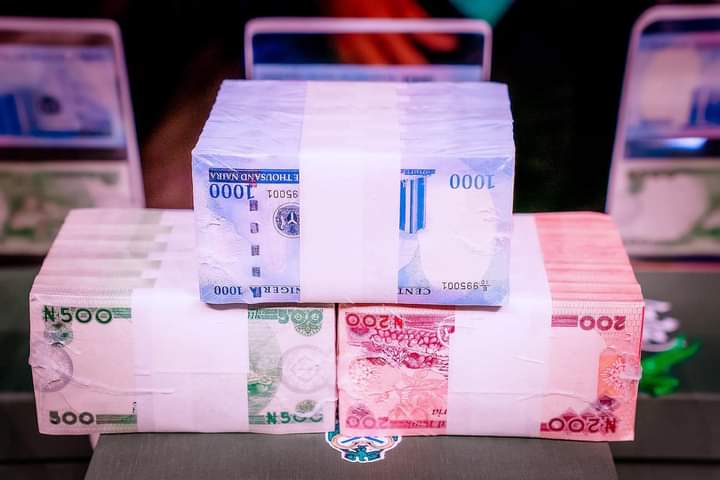
Minimum Wage: How Much is the Nigerian Worker Really Worth? By Aishat M. Abisola
Over the years, debates surrounding the minimum wage floor have intensified, echoing the country’s broader socio-economic challenges. Examining the trajectory of the minimum wage against rising costs, particularly in essentials like rice, has unveiled a narrative of struggle and negotiation.
During President Goodluck Jonathan’s tenure, the minimum wage saw a significant boost to 18,000 naira, a move applauded by many workers. However, the cost of a 50kg bag of rice was approximately 8,000 naira at that time, reflecting a relatively balanced economic equation. However, as subsequent administrations took the helm, the cost of living surged. Under President Muhammadu Buhari, while the minimum wage remained stagnant at 18,000 naira, the price of rice climbed steadily to around 23,000 naira.
The year 2019 marked a watershed moment when the federal government, amid pressure from the Nigeria Labour Congress (NLC), acceded to the demand for a new minimum wage of 30,000 naira. This increase was long overdue, reflecting not only the inflationary pressures but also the need to enhance the purchasing power of the workforce. However, the wage hike was not without its challenges. It sparked debates in the National Assembly, where the budget had to be adjusted to accommodate the increased wage bill.
As discussions ensued between the NLC, the Ministry of Labour and Employment and the federal government, strikes became a common tool to press for higher wages. The NLC’s recent proposition of setting the minimum wage at 1 million naira underscores the deep-seated dissatisfaction with the current wage levels. While such a drastic increase seems improbable, it highlights the growing chasm between workers’ expectations and the government’s fiscal constraints.
Amidst these deliberations, the specter of inflation looms large. A sudden hike to 100,000 naira, as speculated, could trigger a ripple effect across the economy. Prices of essential commodities, including foodstuff like rice, are likely to skyrocket, exacerbating the plight of the already vulnerable populace. Balancing the imperative of decent wages with the need to curb inflation poses a daunting challenge for policymakers.
Furthermore, recent policy changes, such as the removal of fuel subsidy and increased allocations to certain states, have stirred the pot of fiscal federalism. Disparities in wealth between states raise questions about the feasibility of imposing a uniform minimum wage nationwide. Can states like Jigawa, Zamfara, Kebbi, Yobe, Ekiti or Osun afford the same wage as Kano, Ogun, Lagos, Rivers, Delta or Akwa Ibom? The answer lies at the intersection of economic pragmatism and social justice.
President Bola Ahmed Tinubu has promised to jerk up the minimum wage as part of measures to cushion the effect of fuel subsidy removal and as negotiations with labour unions continue on the appropriate figure, the current cost of living must be put into consideration.
Equally worthy of consideration is the states’ ability to pay vis-a-vis the continued agitation for restructuring and fiscal federalism. Again, will the organised labour ever allow the conversation about different minimum wage in different states according to the peculiarities of the states, take place?
The effects of such decisions reverberate beyond economic realms, shaping the fabric of society. Inequities in wages can deepen existing fault lines, fueling social unrest and undermining national cohesion. Conversely, fair compensation fosters a sense of dignity and security among workers, laying the groundwork for inclusive growth and prosperity.
In navigating these complexities, a nuanced approach is imperative. While striving to uplift workers’ standards of living, policymakers must tread cautiously, mindful of the broader economic implications. Collaborative efforts between the government, labour unions, and other stakeholders are essential to charting a sustainable path forward.
The debate regarding Nigeria’s minimum wage brings to light the multifaceted challenges confronting the nation. The main goal that needs to be reached is to strike a balance between economic prudence and social equity. Only through concerted efforts can Nigeria realise its vision of a prosperous and inclusive society where every worker is afforded a dignified livelihood.
